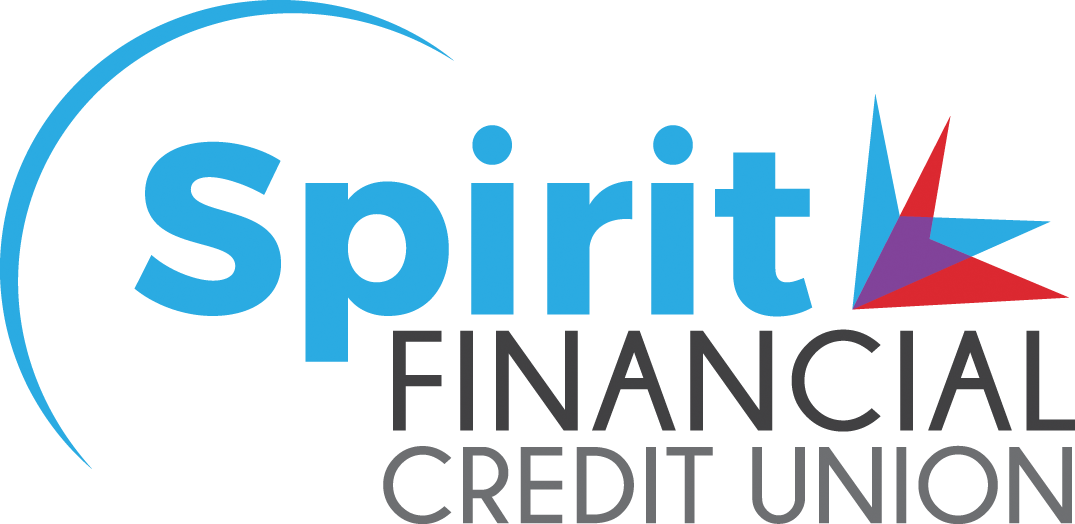Tips for Building a Credit History
You’re just starting out, trying to get your first auto loan or credit card, but you have no credit history. What is credit history? It’s your record of creditworthiness throughout your life. Your credit history impacts your credit score. If you don’t have any credit history, you probably feel as if you’ve fallen down the rabbit hole. It’s a vicious cycle. You can’t get credit without a credit history, but can can’t establish a credit history without credit. You’re not alone, there are many young people in this same predicament. Having a credit history is imperative in today’s world, so what’s a person to do when confronted with this dilemma?
8 Ways to Establish Credit When You’re Just Starting Out
1. Apply for a retail credit card.
Smaller, retail credit cards are typically easier to get. Many stores are eager to give you a credit card and secure you as a customer. This is often the case, even if don’t have an established credit history. They do this by offering lower credit limits, so there is less risk. Once you receive a credit card from a retailer such as Banana Republic or Target, be sure to use the card. Charge a little and pay off your balance in full every month. This will help you to establish a credit history and show lenders you are dependable in paying your bills.
2. Apply for a student credit card.
This is a great option if you are a working student or are heading off to college. Student credit cards often come with low credit limits, giving younger consumers an opportunity to begin building a credit history.
3. Apply for a secured credit card.
Secured cards are typically easier to qualify for and a common way to build credit. They are credit cards that are secured by funds in an account. Simply put, the money in your account is held as collateral for your credit limit. Just like a retail card, this secured credit card should be used to charge small amounts and then paid off in full each month. Keeping your balance low is key. Once you begin to show payment history, you will also build a credit history.
4. Apply for a secured loan.
Similar to a secured credit card, a savings account, a CD, or even a car can serve as collateral for a secured loan. As you make your loan payments and pay down the balance of your loan, you’ll build your credit history. Spirit Financial Credit Union’s Share Secured Loans are a great option.
5. Add a co-signer.
Have someone with a good credit score co-sign a loan for you. For instance, if you’re young and looking for your first auto loan, ask a parent to co-sign for you. As you make all of the payments on time and pay down your loan, you will be building your own credit.
6. Become an authorized user on a family member’s credit card.
A great way to build credit is taking advantage of someone else’s strong credit history by becoming an authorized user on their credit card. Always be sure before doing this that the primary cardholder is responsible and has a good credit score and positive payment history. If they don’t make their payments on time, it will negatively impact your score.
7. Pay your bills on time and in full.
Once you’ve got one of the above types of credit, the key to building a strong credit history is paying all of your bills on time and in full. Keep your balances low as well.
8. Once you have credit cards, keep them open.
Even if you’re not using the cards, keeping them open will help you build a credit history.
Focusing on your credit score
Building good credit takes time, so we encourage you to focus on this from a young age. Students can begin with student credit cards and smaller co-signed loans. Understanding the basics of your credit score and how it works is extremely important. Factors that impact your credit score include your payment history, credit utilization ratio, the average age of accounts, account mix, and new credit. Once you begin building a score, you can improve it by paying all of your bills on time and maintaining low credit card balances. As your finances improve, you can begin to add additional credit cards and loans to your mix of credit. The key is keeping balances low and paying all bills on time. It’s also important to monitor your credit report for errors and look for areas for improvement. You can request free copies of your credit report annually at AnnualCreditReport.com. Read more helpful tips like these on the Spirit Financial Credit Union Blog.



